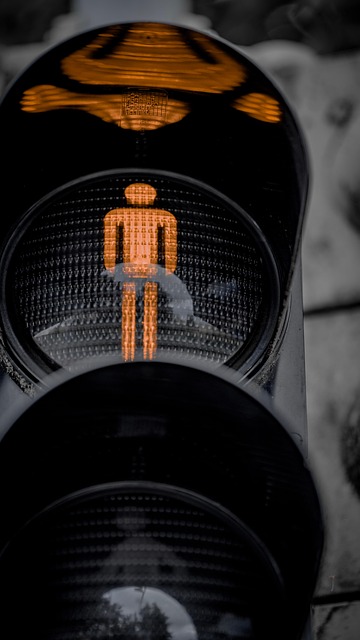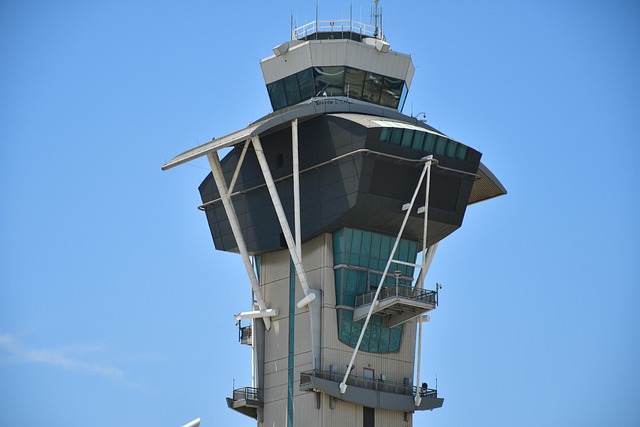Identifying wildlife by their droppings, unique to each species (e.g., squirrel feces resemble coffee grounds), is a crucial first step in mitigating potential hazards. If you suspect wildlife in your Englewood chimney, contact professional services for safe cleanup and risk mitigation. Prioritize safety by wearing protective gear; identify the culprit through distinct fecal characteristics to prevent future intrusions. Proactively seal entry points and remove food sources to avoid recurring issues. Effective techniques and disposal methods vary based on animal droppings; proper identification is key to safe and effective cleanup, answering your question: "What animal is making noise in my Englewood chimney?"
Struggling with unexpected visitors leaving their mark on your Englewood property? Whether it’s a squirrel in your chimney or a raccoon in your attic, understanding wildlife feces cleanup protocols is crucial for maintaining a healthy and safe environment. This guide delves into identifying various wildlife species and their distinctive droppings, emphasizing the potential hazards associated with each. We also explore comprehensive safety measures to protect yourself during cleanup and provide effective techniques tailored to different types of fecal materials. Say goodbye to unwanted visitors’ remnants and discover expert tips for a thorough and safe cleanup.
- Identifying Wildlife and Their Feces: Understanding the Types and Hazards
- Safety Protocols for Feces Cleanup: Protecting Yourself and Your Home
- Effective Cleanup Techniques and Disposal Methods for Different Fecal Materials
Identifying Wildlife and Their Feces: Understanding the Types and Hazards

Identifying wildlife and their feces is a crucial step in effective wildlife control. If you’re hearing strange noises from your Englewood chimney, it might be due to unwelcome visitors like squirrels, raccoons, or even birds. Each of these animals has distinct droppings that can help you pinpoint the intruder. Squirrel feces are often small, granular, and resemble dark coffee grounds, while raccoon waste is usually larger, wetter, and may contain visible pieces of food. Bird droppings can vary greatly depending on the species but typically consist of semi-liquid particles.
These animal droppings pose several hazards. They can cause structural damage to buildings by corroding or blocking vents and chimneys. Moreover, wildlife feces often harbor parasites and diseases that can be transmitted to humans, pets, and domestic animals if not properly managed. It’s essential to act swiftly when you suspect wildlife presence through unusual noises or droppings around your chimney or home. Professional wildlife control services can help identify the problem and implement safe, effective cleanup protocols to mitigate risks associated with wildlife feces.
Safety Protocols for Feces Cleanup: Protecting Yourself and Your Home

When addressing wildlife control feces cleanup, safety should be your top priority. Fecal matter from animals like squirrels, raccoons, or birds can carry harmful parasites and diseases, posing a significant risk to human health. Before you begin any cleanup process, ensure you wear protective gear including gloves, long pants, and a mask. This equipment creates a barrier between you and potential pathogens.
Moreover, it’s crucial to identify the animal responsible for the disturbance in your Englewood chimney. The presence of specific feces can indicate the culprit; for instance, raccoon feces are often larger and have a distinct odor. Once identified, take appropriate measures to secure your home against future intrusions, sealing entry points and eliminating potential food sources. This proactive approach not only maintains your safety but also prevents recurring issues with wildlife control.
Effective Cleanup Techniques and Disposal Methods for Different Fecal Materials

When dealing with wildlife control and feces cleanup, understanding effective techniques and disposal methods is crucial. For different types of animal droppings, specific approaches are required to ensure safety and hygiene. In Englewood, if you’re wondering, “What animal is making noise in my chimney?” the corresponding fecal material may require unique handling.
For instance, squirrel feces are typically dry and granular, allowing for easy cleanup with a vacuum or specialized cleaning equipment. On the other hand, raccoon droppings can be more hazardous due to their potential for carrying diseases; proper protective gear is essential when addressing this type of debris. Disposal methods vary; some materials can be disposed of in regular trash after proper decontamination, while others may need specialized handling and disposal facilities to prevent environmental contamination.
If you’ve heard unusual noises or discovered signs of wildlife in your Englewood chimney, it’s crucial to address the issue promptly. Understanding the specific animal responsible, through identifying its feces and following proper safety protocols, will ensure effective cleanup and minimize health risks. By employing suitable techniques tailored to different types of fecal matter, you can effectively remove potential hazards and maintain a clean living environment. Remember, professional assistance is always an option if dealing with potentially dangerous wildlife situations.
